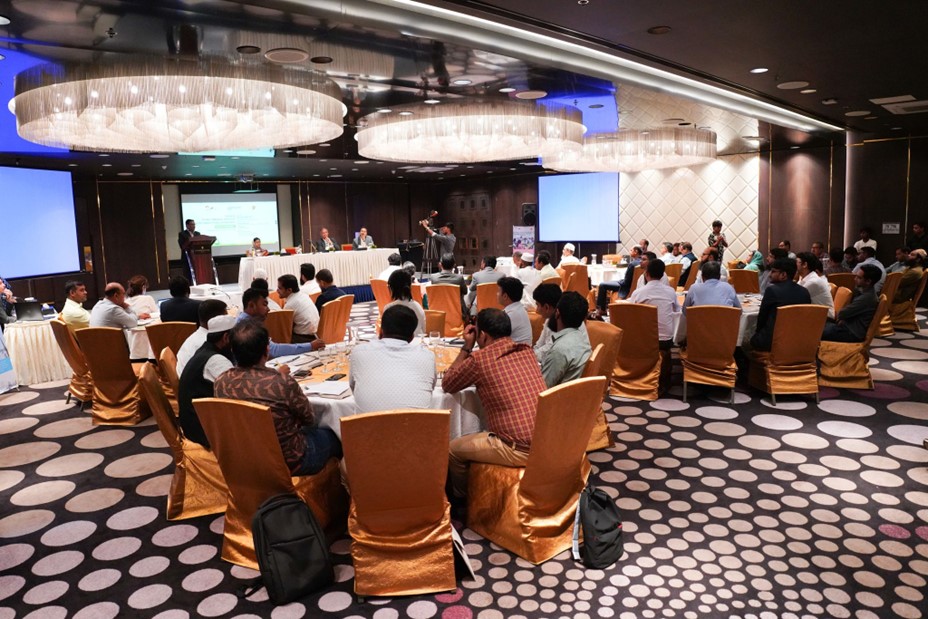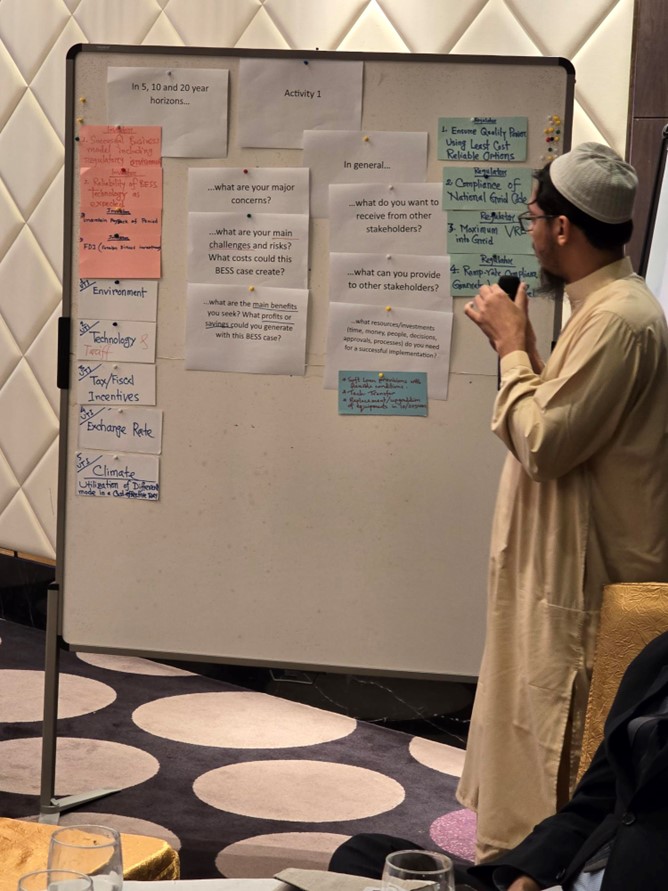Techno-Commercial Aspects of BESS Investment and Tariff Design
Energynautics recently conducted a specialized training program in Bangladesh for the experts from the Ministry, regulator bodies, and system operators.
As Bangladesh’s power system reliability continues to improve, challenges such as voltage fluctuations and supply bottlenecks persist, particularly with the rise of electric vehicles and solar PV installations. This training was provided through Energy Efficiency and Grid Integration of Renewable Energy (EEGIRE II), a German development cooperation project implemented by Deutsche Gesellschaft für Internationale Zusammenarbeit (GIZ) GmbH, which aims to enhance the integration of decentralized generation and variable renewable energy (VRE).
Battery Energy Storage Systems (BESS) play a crucial role in managing voltage and frequency fluctuations and provide the necessary flexibility to better integrate VRE into the grid. However, the deployment of large-scale BESS, which can aid grid stability, involves considerable investment and operational costs. During the training, Energynautics assessed the potential benefits of BESS in Bangladesh and outlined the prerequisites for making such investments viable.
The two-day training, held in Dhaka, brought together 60 experts from ministries, regulators, and system operators. Participants engaged in an in-depth exploration of BESS investments, covering technical specifications, economic considerations, and regulatory frameworks. The sessions addressed technological advancements, cost and revenue analyses, key concerns and structural components necessary for effective tariff design, supplemented with international examples.
The training concluded with a hands-on workshop where participants worked on a case study on BESS tariff design for Bangladesh. This exercise underscored the importance of stakeholder collaboration and compromise for tariff design, as well as the significance of financial modelling and evaluation of the proposed tariffs.


